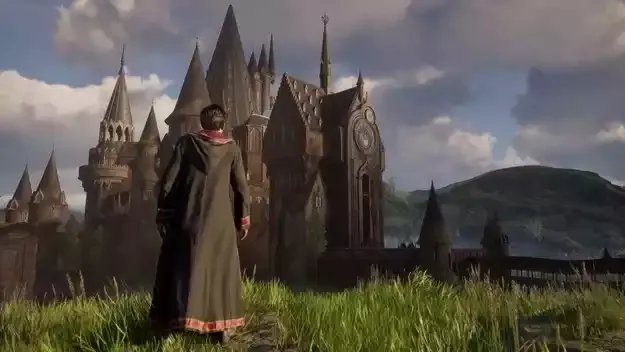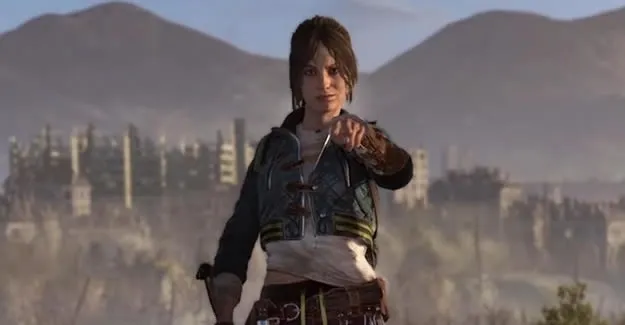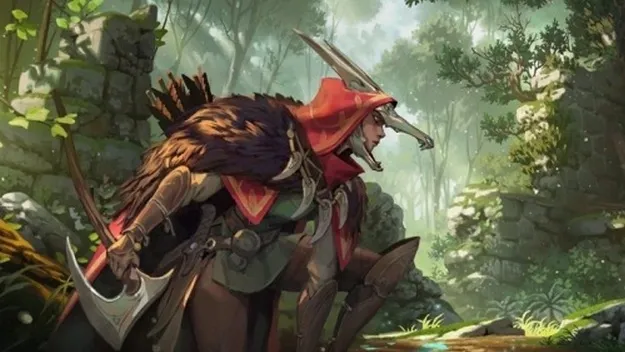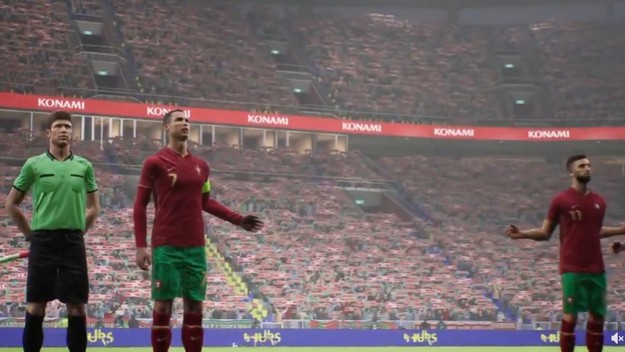Hogwarts Legacy will not have microtransactions, the developers say
The presentation of the gameplay from the Hogwarts Legacy game mostly left a
very positive impression on the viewers. On YouTube, the video picked up 106
thousand likes and 1.5 thousand dislikes, which is the ratio at which I can be
very happy from WB Games. However, in one segment of the game, there were
doubts that the Hogwarts Legacy could be designed around microtransactions, ie
additional charging.
Namely, the player is in the role of a
character who comes to Hogwarts for the first time but is a teenager, so he
belongs to the fifth year of students. The play explains how the main
character lags behind other students of his generation and has to make
up for this with various extracurricular activities and his endeavors. For
example, he has to collect various things for magic potions, grow plants in
the Room needs and upgrade his equipment.
At one point it is thus possible to see that plants have a timer, i.e. a
certain amount of time that needs to pass for them to grow. The example
shown thus gave 25 minutes for one of the plants to grow. As countdowns and
time constraints are very common tactics of blocking players in mobile games,
there has been a fear among players that Hogwarts Legacy will deliberately
slow down players with such countdowns to circumvent them by paying with real
money.
However, game developers say that will not be the case.
Community Manager Chandler Wood said briefly and clearly that
there will be no microtransaction at Hogwarts Legacy.
We've seen this question coming up and want to set the record straight.
— Chandler Wood (@FinchStrife) March 17, 2022
There are no microtransactions in Hogwarts Legacy.
It’s not that we don’t trust him, but it’s not 100% clear what that means -
that the microtransaction won’t be after the exit or at all. When asked why a
waiting system for plants to grow was implemented at all, Wood did not offer a
concrete answer.
There were numerous cases of games that did not
have microtransactions, so they won them later. There were also reverse cases,
and WB Games had one of the most controversial examples. Their Middle-earth:
Shadow of War had microtransactions that dragged out the final part of the
game, to the point that they were eventually completely removed due to
excessive objections.













